PET is a ubiquitous material because of its robust properties. Today, less than 30% of PET bottles and few carpets are recycled in the United States, leading to the majority of PET being landfilled.
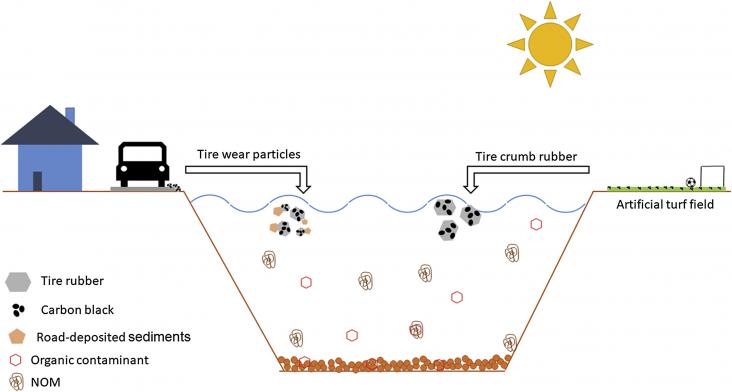
Tire materials are a significant proportion of the (micro)plastics in the environment that until today have been clearly overlooked.
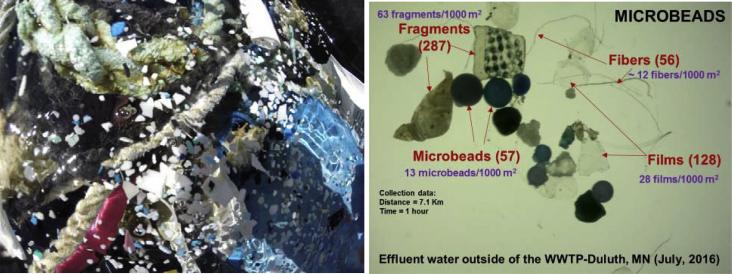
Microplastic (MP) studies in freshwater environments are gaining attention due to the huge quantities of plastic particles reported from lakes and rivers and the potential for negative impacts in thes
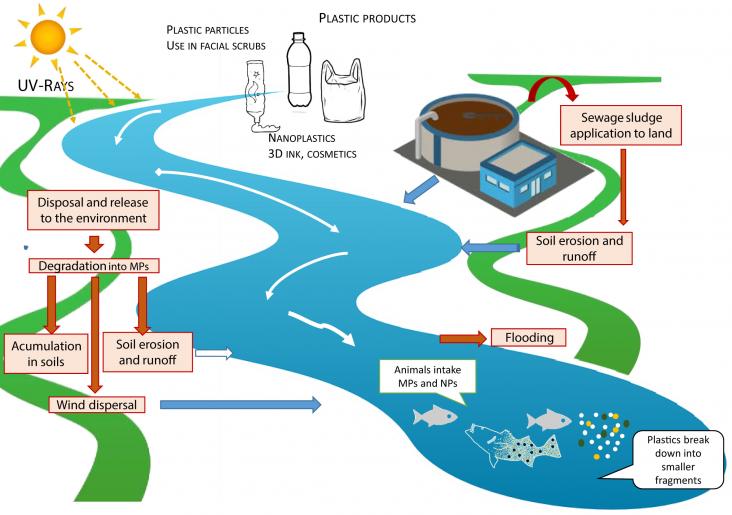
Plastic pollution is a global problem since 2016 when its production reached 322 million tonnes, excluding fibers.
Provides some details about the hydrologic cycle and then discusses the physical geology of groundwaters.
This book chapter advances SDG 14 by discussing measures of freshwater species diversity and how and why diversity varies among and within habitats. Also discussed are extinctions caused by humans and some of the associated consequences, as well as consequences of invasive species.
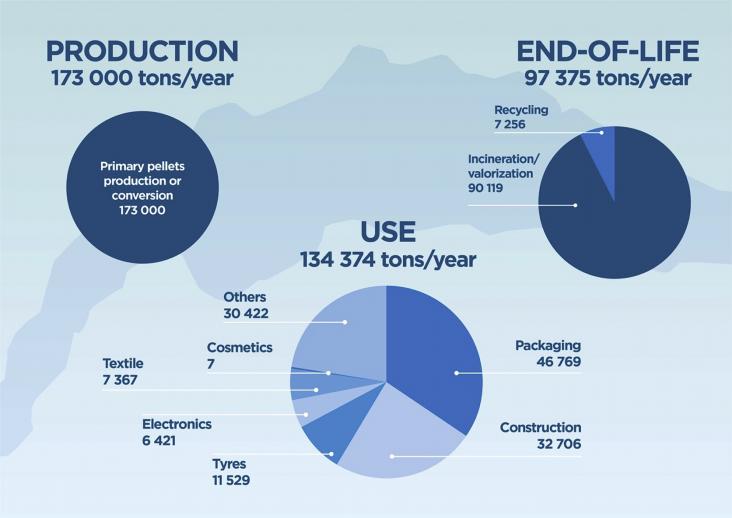
High amounts of macro and microplastic have been reported in rivers, lakes and seas. However, links between the observed pollution and their sources remain unclear.
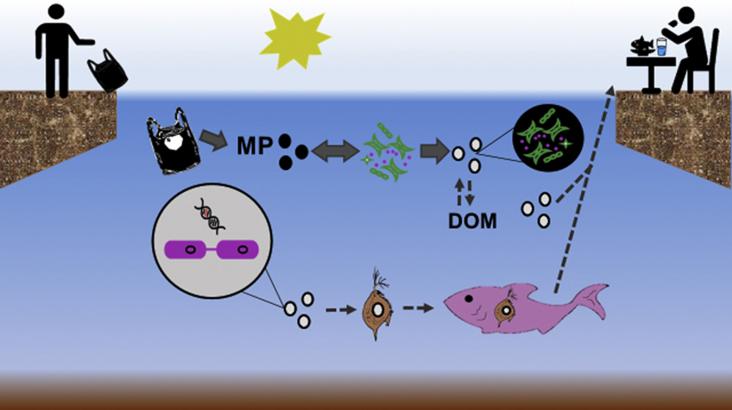
Microplastics (MP) provide a unique and extensive surface for microbial colonization in aquatic ecosystems.

